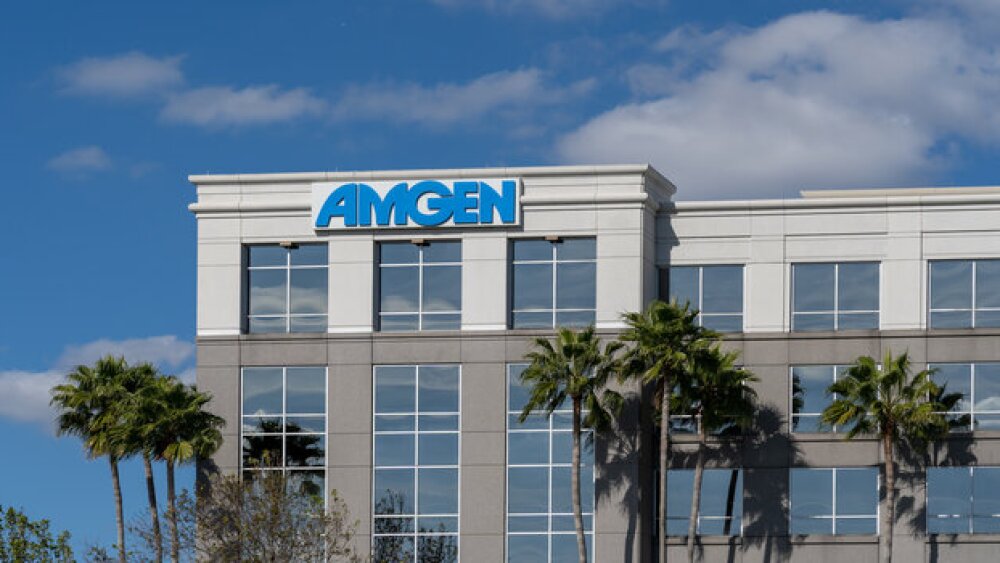Tucatinib is an oral tyrosine kinase inhibitor that is highly selective for HER2 without significantly inhibiting EGFR.
Seattle Genetics announced positive results from its HER2CLIMB Phase III trial of tucatinib in combination with trastuzumab and capecitabine compared to trastuzumab and capecitabine alone in locally advanced unresectable or metastatic HER2-positive breast cancer.
Tucatinib is an oral tyrosine kinase inhibitor that is highly selective for HER2 without significantly inhibiting EGFR. Inhibition of EGFR is linked to toxicities. Trastuzumab is marketed by Genentech as Herceptin. Capecitabine is a chemotherapy drug marketed by Genentech as Xeloda.
HER2-positive breast cancer has tumors with high levels of human epidermal growth factor receptor 2 (HER2), which promotes aggressive metastases. There are about 271,270 new cases of invasive breast cancer diagnosed in the U.S. each year, with between 15% and 20% globally being HER2-positive.
The HER2CLIMB trial met the primary endpoint of progression-free survival (PFS), showing that adding tucatinib to the treatment regime was superior to trastuzumab and capecitabine alone. There was a 46% decrease in the risk of disease progression or death by adding tucatinib.
It also met the two key secondary endpoints at interim analysis, showing an improvement in overall survival (OS) with a 34% decrease in risk of death. And in patients with brain metastases at baseline, the tucainib cohort also showed superior PFS with a 52% decrease in the risk of disease progression or death.
“There is a significant unmet medical need following treatment with trastuzumab, pertuzumab and T-DM1 in patients with metastatic HER2-positive breast cancer,” said Roger Dansey, Seattle Genetics’ chief medical officer. “The addition of tucatinib to the commonly used doublet of trastuzumab and capecitabine represents a potential significant clinical advance for patients with metastatic HER2-positive breast cancer, importantly, including those with brain metastases. Based on these findings, we plan to unblind the trial and offer tucatinib to patients on the control arm. We also plan to submit a New Drug Application (NDA) to the FDA in the first quarter of 2020, with the goal of bringing a much-needed new medicine to patients.”
The HER2CLIMB trial enrolled a total of 612 patients. A multinational study, it randomized 2:1, patients with locally advanced or metastatic HER2-positive breast cancer who were previously treated with trastuzumab, pertuzumab and T-DM1. T-DM1 contains trastuzumab and an anticancer drug called DM1. It is a type of antibody-drug conjugate.
The primary endpoint was PFS per Response Evaluation Criteria in Solid Tumors (RECIST) v1.1. This was evaluated by blinded independent central review in the first 480 patients enrolled in the study.
Tucatinib is also being studied in a randomized, double-blind, placebo-controlled, multi-center Phase III trial in combination with T-DM1 compared to T-DM1 alone, in patients with unresectable locally-advanced or metastatic HER2-positive breast cancer, including those with brain metastases who have had previous treatment with a taxane and trastuzumab. The primary endpoint is PFS. Secondary endpoints include overall survival, objective response rate and duration of response. It is being run in North America, Europe and Asia. The plan is to enroll about 460 patients.
It is also being evaluated in a Phase II MOUNTAINEER trial in combination with trastuzumab in HER2-positive, RAS wildtype metastatic or unresectable colorectal cancer. The primary endpoint is ORR by RECIST criteria.





